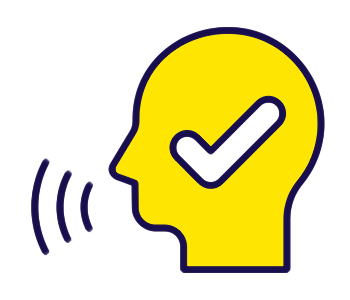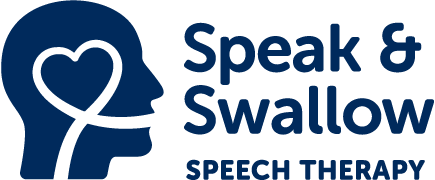Voice

Our voice is uniquely ours but sometimes things can change, resulting in dysphonia (voice difficulties). This is when changes in the production or quality of our voice occur, meaning we may talk softly or sound hoarse, croaky, or breathy. Or maybe you lose your voice when trying to talk or perhaps it has changes in pitch or resonance.
Voice changes can arise due to a medical diagnosis or from using voice in different ways. For example, people with Parkinson’s disease are often quiet and loved ones struggle to hear what they are saying. While a teacher or professional voice user may ‘over work’ their voice, causing muscle tension or vocal nodules.
Symptoms to look out for:
- Rough and scratchy voice (hoarseness)
- Talking becomes effortful and fatiguing
- Throat clearing
- Changes in the pitch (too high or too low)
- Chronic sore throat or sore neck muscles
- Strained or choppy voice
- Running out of air when talking or voice being weak and breathy
Who we can help:
Anyone with the following disorders or concerns:
- Muscle tension dysphonia
- Vocal nodules
- Vocal fold paralysis
- Spasmodic dysphonia
- Laryngeal tremor
- Vocal cord dysfunction
- Chronic cough
- Professional voice users (singers, teachers)
How we can help
We work with you to help improve the quality of your voice and make it your own again!
Our Speech Therapists are experienced in developing personalised voice programs designed to address a specific issue or need, based on the latest and most effective therapy and techniques.
For our clients with Parkinson’s Disease and other neuromuscular disorders we offer the following evidence-based programs:
- LSVT Loud
- Speak Out!
